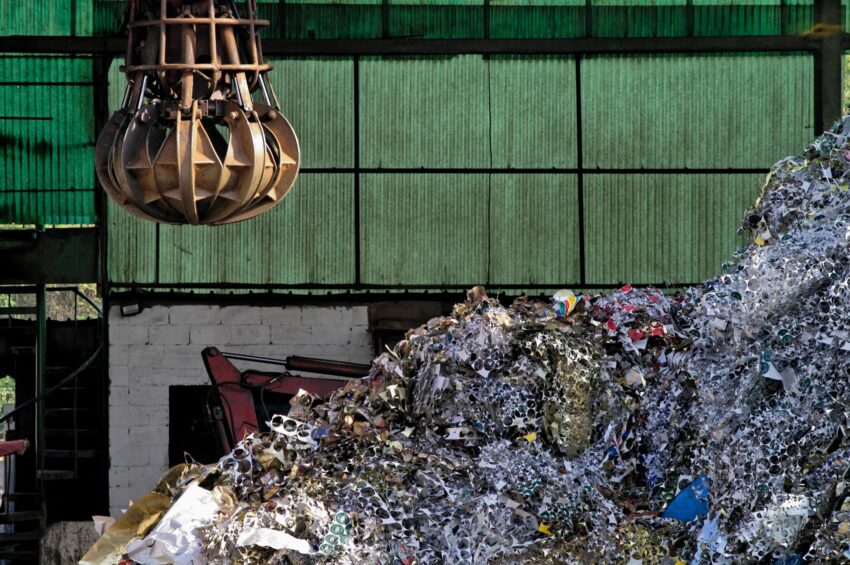As the world becomes increasingly more industrialised, it also becomes increasingly more polluted. One of the most visible signs of this pollution is the ever-growing mountains of garbage that accumulate in every city on earth. In order to combat this problem, people need to start looking at waste management from a different perspective – one that takes into account our responsibility to the environment.

1) Medical waste
The medical industry produces a lot of waste – from medical equipment to outdated medications. And while some of this medical waste can be recycled or reused, much of it ends up in landfills. This is not only bad for the environment but can also pose a health hazard to humans and animals.
There are several ways to reduce the amount of medical waste produced each year. One way is to recycle medical equipment and supplies. For example, many hospitals and clinics have programs in place to recycle items such as surgical instruments, IV bags, x-ray disposal and syringes. Another way to reduce medical waste is to donate unused or expired medications to local pharmacies or drugstores. These medications can then be dispensed to patients who cannot afford them.
2) Electronic waste
As our dependence on technology grows, so does the amount of electronic waste we produce. From old computers and cell phones to TVs and digital cameras, electronic waste is one of the world’s fastest-growing types of waste.
Much of these wasted electronics end up in landfills, where they can release harmful chemicals into the environment. These chemicals can then leach into groundwater, contaminate soil, and pollute the air. In addition, when electronics are incinerated, they release toxic fumes into the atmosphere.
Recycle your unwanted electronics at a certified recycling facility to reduce your impact on the environment. Another option is to return your electronics to the manufacturer when you upgrade to a new model.
3) Corruption in waste management
While there are many ways to reduce the amount of waste we produce, corruption in waste management remains a significant problem in many countries. This corruption can take many forms, from bribery and kickbacks to embezzlement and nepotism. This corruption often leads to inefficient waste management practices, which can cause environmental damage and jeopardise public health. In addition, corrupt officials often line their pockets while leaving taxpayers footing the bill for substandard services.
To fight corruption in waste management, it is important to increase transparency and accountability. One way to do this is to give the public access to information on how their tax dollars are being spent. Another way is by increasing oversight of waste management contracts and bidding processes. Finally, civil society groups can play a role in exposing and combating corruption in the waste management sector.
4) Companies, Health institutions and their responsibility
While individuals are responsible for reducing their waste, companies and health institutions also have a role to play. These organisations can take steps to reduce the amount of waste they produce and support recycling and other efforts to protect the environment.
Many companies are already taking action on this issue. For example, some hospitals have started using reusable medical supplies, while others have implemented programs to recycle electronics. In addition, many companies are working with their suppliers to reduce packaging and increase reuse and recycling. As more companies and health institutions become aware of the need to protect the environment, it is likely that we will see even more innovative solutions to our waste problem.
In conclusion, it is important for all of us to take responsibility for our waste. By reducing the amount of waste we produce, recycling and reusing products, and fighting corruption in waste management, we can make a difference for the environment and future generations.


